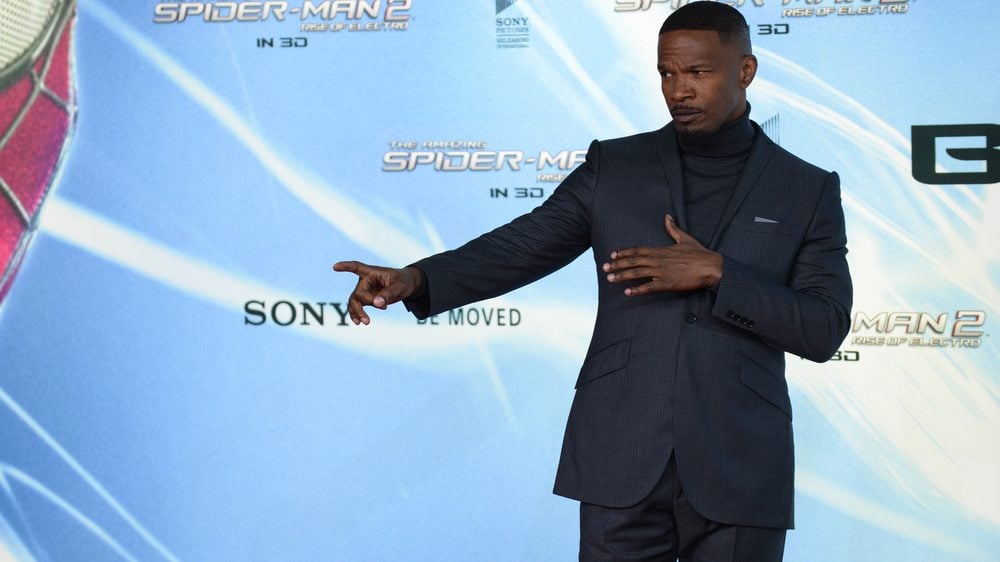The key for smaller companies to build their own community is to create a message that resonates with their values, and those of their players, according to Alex Kornilov, CEO at Betegy.
Explaining how smaller firms can be successful in the influencer space, in comparison to the big-name brands with “astronomical” budgets – BetMGM/Jamie Foxx & WynnBet with Ben Affleck & Shaq – Kornilov also expressed that getting data right can be a useful tool.
In the second of our three-part mini series on influencer markets, we asked Kornilov, and returning experts, Hammon, Walker and Kaplya, on how communities can be built using social influencers.
We asked: How can influencer marketing be used to cater to different audiences and build communities?
Alex Kornilov, CEO at Betegy: Who you choose to represent your brand will very much differentiate your message, with this decision heavily dependent on the market you are running the campaign in. Let’s look at the US for example, it has a wide range of popular sports with each localised state varying in preference – essentially you need the right tool for the right job in the same way you need the right influencer for the right market.
If you’ve got the right tool, you can easily see who’s following what – an NBA influencer isn’t going to bring in NHL fans (for example). Getting your data and right and segmenting your targets is of course key to that.
This method can be distilled down into the subsections and the more you’ll see micro communities. Take Chess, you can do an influencer deal with a chess master – meaning it can be very cost-effective as it targets the exact audiences you’re looking for.
Of course, you can take the Jamie Foxx and BetMGM route – big spend and cast the net far and wide. However, that’s always going to be the domain of the big-name brands with astronomical budgets.
If you’re smaller and looking to build your own community, the key is to create a message that resonates with your (and your players) values, which will build a truly loyal following that will guarantee retention.
Marija Hammon, Head of Marketing at Relax Gaming: Aside from the perceived entertainment value, streamers also offer audiences live, real-time engagement and interaction, creating a unique product promo environment which adds an additional sense of connectivity to both the influencer and game in discussion.
Some promos are done for monetary gain, whilst others stem from a true connection and passion for the brand or company being discussed. The same applies to influencer marketing across other industries, in a nutshell, self-driven vs. sponsored content creation.
Influencers have different communities, both in terms of size and demographic, therefore companies always need to assess who they are trying to reach, and which influencers would be able to support that connection.
This is assessed on a general scale (who do we collaborate with for influencer partnerships overall) and micro-level per individual game promo. Anticipated success of a game launch also affects strategy and considerations in this regard.
Sometimes influencer drives focus purely on game play, whereas for others, marketing efforts would include audience tournaments for their community, editorial content, positioning, cross-platform promotions and much more. To get it right, see who operates in the niche you are targeting and will offer the correct reach.
Brandon Walker, Business Development at Amelco: In South Africa, it all starts with a retail presence. Harnessing influencers to build a community around the retail experience, who in turn can provide a channel for online, is the best way forward.
Influencer marketing really comes into play here as it solves the big challenge of converting local players to multi-channel. Retail is popular here because it is tangible, and therefore has a lot more trust.
The online space has taken a long time to earn players’ trust, especially when it comes to depositing and not withdrawing winnings instantly. Influencer marketing can go a long way towards changing this and give players a far stronger feeling of comfort.
Again, we’ve seen some great work from BetGames in this space. An influencer from their South African campaign included Doctor Khumalo, one of the nation’s most loved soccer players, and former captain of Kaiser Chiefs. There’s a lot of trust in a local icon such as him, so it brings a lot of credibility to the brand, which ultimately resonates with player values.
Yanina Kaplya, Head of Marketing at BetGames: I don’t believe in a one size fits all approach – it’s much better to tailor your message to your players and that starts with understanding the audience, their lifestyle, conversations and interests. This further enhances the consumer experience of your product. Establishing communication as a part of brand strategy helps to create a marketing campaign that stands out in a heavily competitive industry.
The influencer campaign for our lottery products in South Africa last year did exactly that. We selected three categories of influencers in the region; macro, medium and micro, incorporating influencers of various occupations who represented different communities and interests.
The campaign goal was to showcase the changes in the product and provide market education to players who might have been worried about the design change of the studios.
The key to the success of this campaign was avoiding a direct sell message, instead focusing on building the storyline about how BetGames had revamped the lottery to offer a fresh new experience.
The campaign was very well received across South Africa and generated a mass of positive comments and conversations with influencers. Indeed, the launch of the product was such a success in South Africa with the tailored message we spread among different communities ensured trust in both the brand, and our new lottery products.












